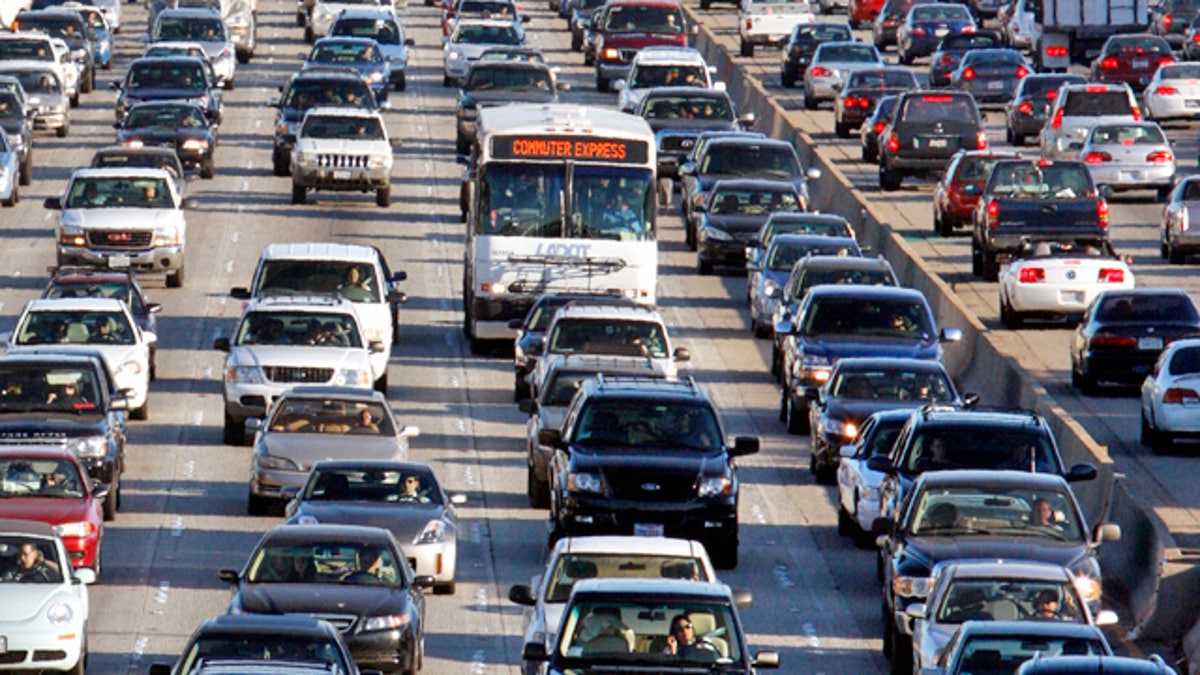
(Reuters)
For heart attack survivors, living close to a roadway may be hazardous for their health, a new study suggests.
The results show that heart attack survivors who lived about 300 feet (100 meters) from a major roadway at the time of their heart attack were 27 percent more likely to die over the next 10 years compared with those who lived at least 3,200 feet (1,000 m) from a roadway.
Those who lived between 650 to 3,200 feet (200 to 1,000 m) away from a roadway had a 13 percent higher risk of dying in 10 years.
Exposure to air pollution and traffic noise from the roadway may explain the link, said study researcher Dr. Murray Mittleman, a physician at Beth Israel Deaconess Medical Center in Boston.
Long-term exposure to air pollution is known to increase the risk of death from heart disease, and some studies have shown exposure to traffic noise increases blood pressure, the researchers said.
The study involved 3,547 people who were hospitalized for a heart attack at 64 medical centers in the United States between 1989 and 1996. Participants' average age at the beginning of the study was 62.
Over a 10-year follow-up period, 1,071 participants died: 63 percent of cardiovascular disease, 12 percent of cancer, 4 percent of respiratory failure and 0.4 percent in traffic accidents.
The closer patients lived to a major roadway, the more likely they were to die during the follow-up period. The results held even after the researchers accounted for factors that could affect a person's risk of death, including age, smoking status, proximity to a hospital and household income.
The researchers said the study was limited in that they don't know whether participants moved after their heart attack, or if new roadways were built closer to participants' homes, but either of these scenarios could affect the results. For instance, a patient who moved closer to a roadway would have been misclassified in the study.
The American Heart Association suggests clinicians educate their patients on the risks posed by air pollution, and encourage patients with cardiovascular disease to avoid unnecessary exposure to traffic, the researchers said.
The study will be published in the May 8 issue of the journal Circulation.








































